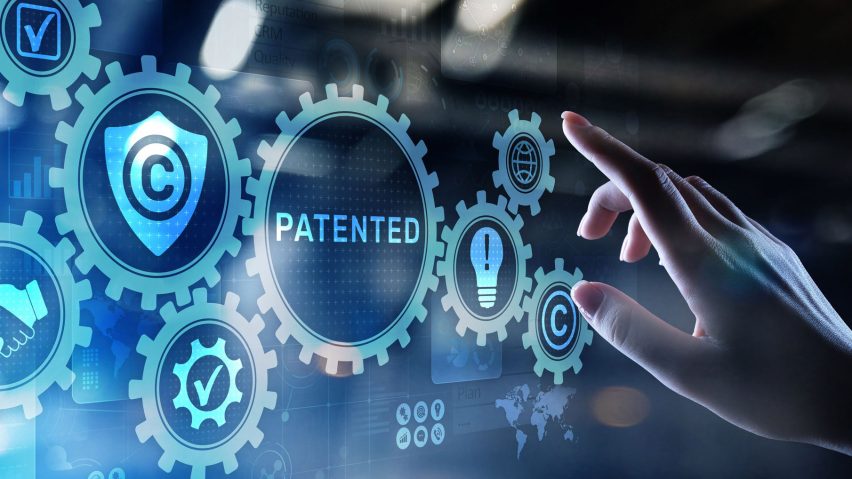
First patent applications filed for designs created by AI
Patent applications have been filed on behalf of a machine called Dabus that used AI to design two products. If successful it is believed that it will be the first time a machine has been recognised as a creator by patent offices.
Applications have been made to the US, EU and UK patent offices to recognise that the machine is the inventor of a plastic food container and a flashing light.
At present the UK Patents Act of 1977 restricts inventorship to "natural persons", as does the European Patent Convention. In the US, inventions must be made by an "individual".
Seeking clarity on global IP laws
The machine-designed patent applications were filed by a team led by Ryan Abbott, professor of law and health sciences at the University of Surrey.
Abbott said that he has made the applications "for clarity surrounding laws and rules of AI-generated inventions".
"We clearly need change now, and would have benefitted from it two decades ago," he told Dezeen.
Abbott confirmed to Dezeen that he is filing a further Patent Cooperation Treaty (PCT) application today. Made through the World Intellectual Property Organization (WIPO) in Geneva, this will allow him to simultaneously seek protection for the designs in a large number of countries.
Patents should "acknowledge the accomplishments of AI developers"
The products – a food container that can change shape and a flashing light designed to attract attention in an emergency – were created by the machine named Dabus.
Dabus, an acronym for "device for the autonomous bootstrapping of unified sentience" was created by Stephen Thaler, an AI expert living in Missouri. Thaler used words and images to "teach" the machine to produce complex items over a two month period, according to the Financial Times.
By making the application Abbott hopes to help ensure that people and machines are appropriately credited for their work.
"[We should] incentivise innovation by rewarding inventive activity, regardless of its source," he said. "[We should] insure we acknowledge people for their inventive work, without taking credit for the work of others, and for acknowledging the accomplishments of AI developers."
Legal system does not allow AI systems to be inventors
In a report presented to the European Patent Office (EPO) on inventorship in inventions involving AI activity, Noam Shemtov, deputy head of the centre for commercial law studies at Queen Mary, University of London, said that the present legal position does not allow for AI systems to be considered as inventors.
He also does not expect this to change in the near future.
"At present there are no convincing reasons to consider a change in this respect," Shemtov said.
Earlier this year, furniture brand Kartell revealed an AI chair designed by Phillipe Starck, which can be seen in this video by Dezeen.
Designed using prototype generative software developed by Autodesk, the chair was the first designed using artificial intelligence to be put into production, according to the software developers.